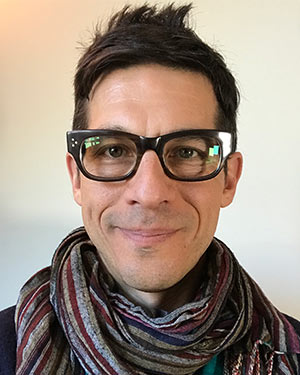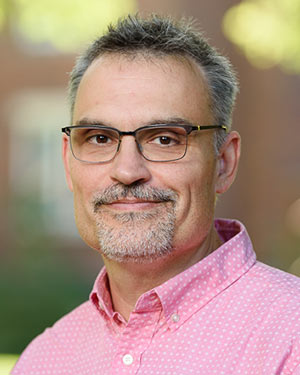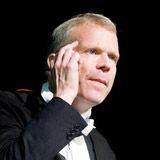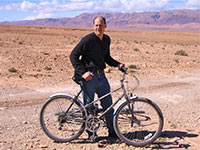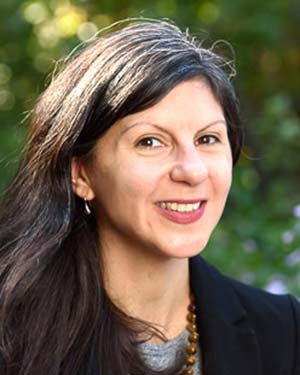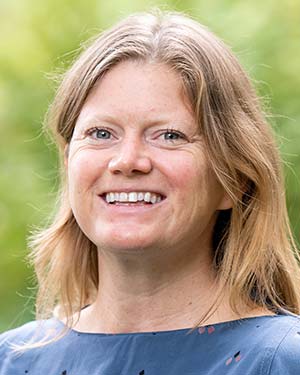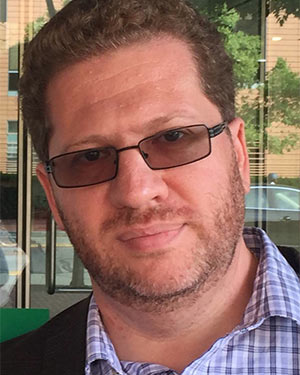Art 537
History 546
Whole Earths, Globalizations, World Pictures
Hear the word "Earth" and the image likely to flash through the mind is the descendant of a photo commonly known as "Blue Marble" (1972), which reveals the disk of our terraqueous planet suspended alone in the void. It is reputed to be the most widely disseminated photograph in human history, and together with other views of the Earth from beyond has prompted a revolution in the global imagination. The aim of this seminar is to assess the plausibility of that claim, by situating these images in their diverse historical contexts.
These contexts include the history of humankind's imaginative self-projection into the beyond from ancient times to our day; how the "whole earth" image has been mobilized by environmental campaigns, political movements, and commercial enterprises; how the view of Earth has figured in economics ("globalization theory"), aesthetics (earth art, mapping and visualization techniques), philosophy (especially in the phenomenological tradition), and the natural sciences (the Gaia hypothesis, the Biosphere projects, earth systems science); and how this pictorial imaginary has become integrated into the unthought ways we inhabit our natural and human-built worlds—what has happened once its ubiquity meant that we ceased, in a fashion, to see it. Arrangements will be made to enable students to explore new media and research tools for analysis and presentation, should they wish to do so.
Liberal Studies 544
The Law and its Uses in Europe and its Empires, c. 1300–c. 1750
“T
